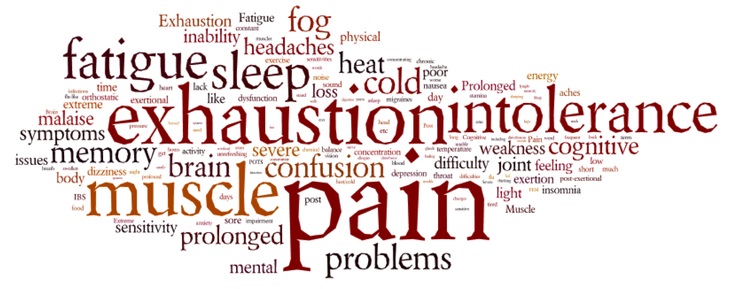CFS/ME
The Alexander Technique makes no claim to be a cure for CFS/ME, but by learning to use yourself more efficiently it will help you to get the best out of what you have available to you. For those of you that use the spoon analogy, your spoons will go further.
As a sufferer myself I simply couldn't imagine not having the Alexander Technique in my life. Whilst we wait for the medical profession to devote more time and effort on finding a cure (there's been encouraging steps in that direction over the last year) the Alexander Technique will provide you with the self care skills to make the best of the situation. And should a cure be found, you'll still have those skills to apply to other areas in your life.
Brain Fog and Learning
I know brain fog can make learning a new skill more difficult, but it is possible as I can personally attest. Embodied mindfulness, as I like to call the Alexander Technique, is not about the content of your learning but the quality of your experience. It will teach you to have a calmer nervous system that is less susceptible to stressors, which as we both know can cause a flare up in your symptoms. It will also help reduce the aches and pains associated with CFS/ME and related fibromyalgia.
The Alexander Technique is probably best known for it's positive outcomes on posture. Your posture is really an outward manifestation of your inner experience (multi-faceted as that is) and can affect your breathing and circulation if it's compromised. Keeping yourself well oxygenated is vital in maintaining your energy levels.
Resting
And you no doubt spend a lot of time resting, so why not do it constructively with what we call, unsurprisingly, Constructive Rest. It'll help you feel like you're achieving something, however small, in those moments.
